Great Barrier Reef Dangers: Unesco Says Australia is Listening at Last
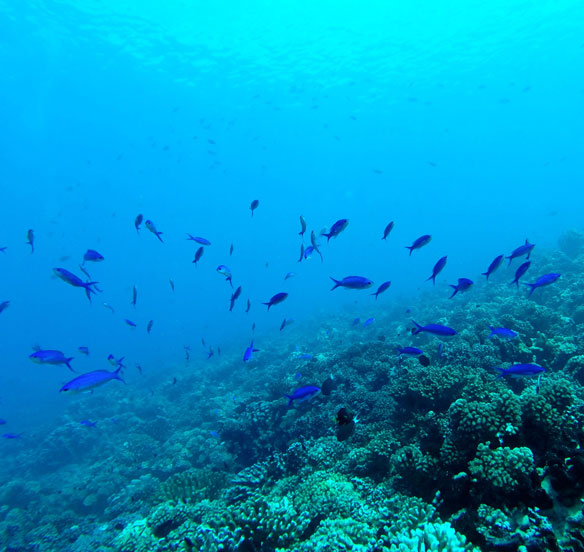
The head of Unesco says the Australian government has started to listen to international concerns over the health of the Great Barrier Reef, raising hopes that it will avoid receiving an embarrassing “in danger” listing next year.
Scientists on NOAA-Led Mission Discover New Coral Species Off California
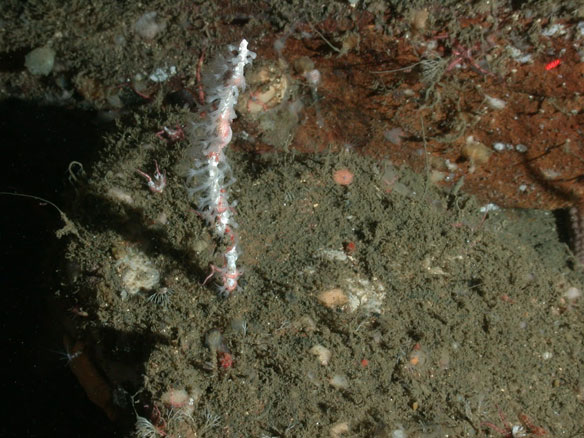
A NOAA-led research team has discovered a new species of deep-sea coral and a nursery area for catsharks and skates in the underwater canyons located close to the Gulf of Farallones and Cordell Bank national marine sanctuaries off the Sonoma coast.
Belize Fights to Save a Crucial Barrier Reef
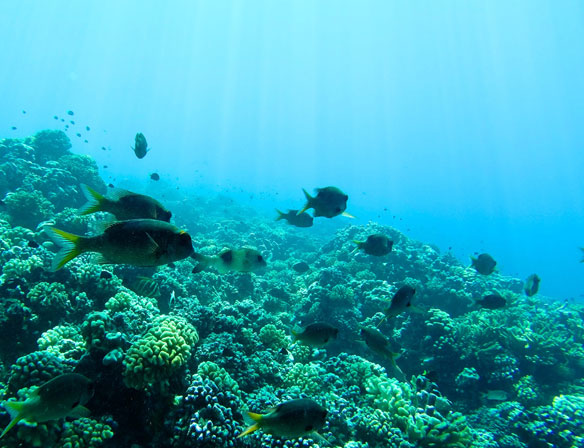
Home to the second longest barrier reef in the world and the largest in the Western Hemisphere, Belize has long been acutely aware of the need to protect its marine resources from both human and natural activities.
Scientists See Severe Coral Bleaching Near Oahu
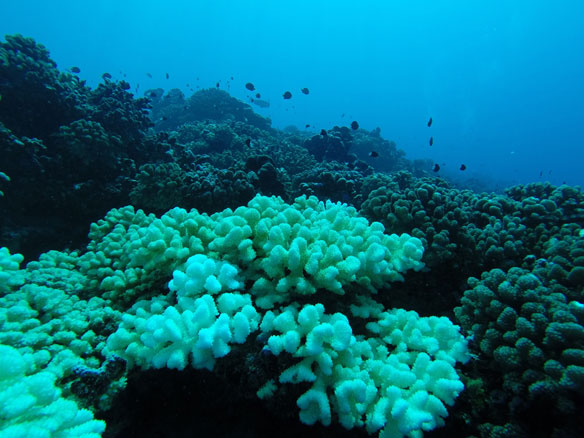
While people in Hawaii have been sweating out a lack of trade winds, corals underwater are also suffering.
Great Barrier Reef Dredge Approval Was ‘Suicide’ For Reef Authority
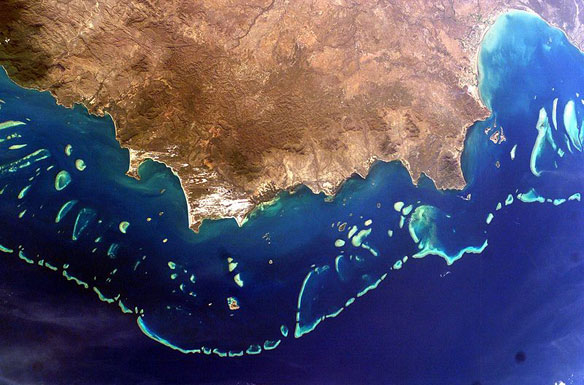
One of the world’s leading coral reef scientists says Great Barrier Reef Marine Park Authority has lost its credibility and budget cuts left it unable to protect the world heritage site.
We Can Save the Caribbean’s Coral Reefs
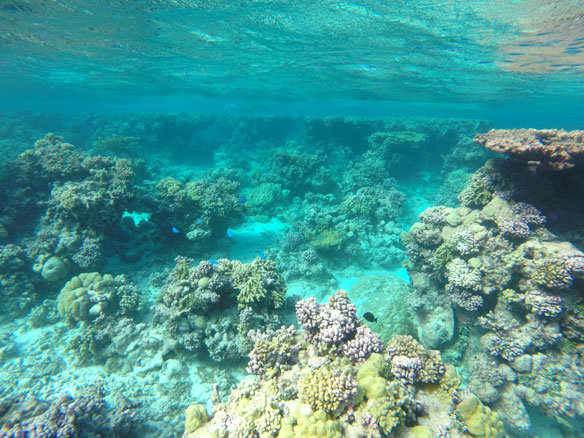
Parrotfish eat algae and seaweed. These brightly colored fish with beaklike mouths inhabit coral reefs, the wellsprings of ocean life. Without them and other herbivores, algae and seaweed would overgrow the reefs, suppress coral growth and threaten the incredible array of life that depends on these reefs for shelter and food.
Ocean Warming Affecting Florida Reefs
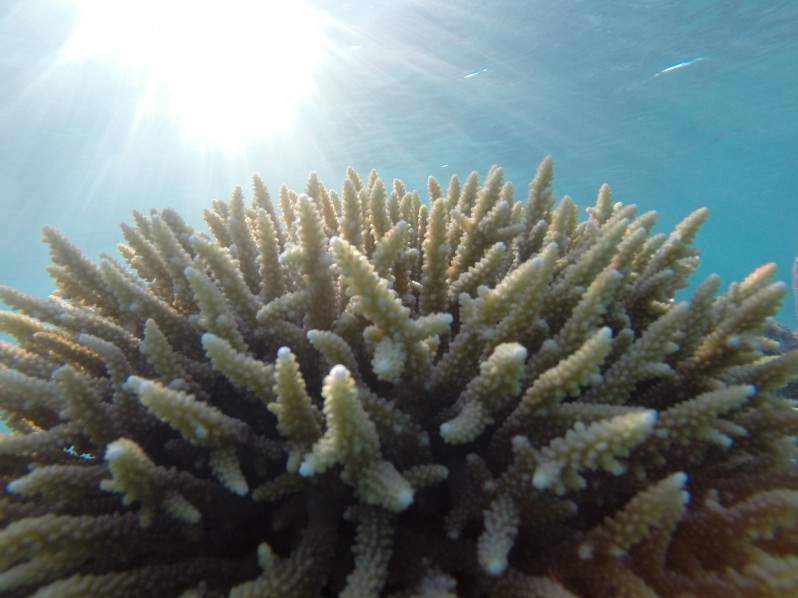
Late-summer water temperatures near the Florida Keys were warmer by nearly 2 degrees Fahrenheit in the last several decades compared to a century earlier, according to a new study by the USGS. Researchers indicate that the warmer water temperatures are stressing corals and increasing the number of bleaching events.
NOAA Lists 20 Coral Species As Threatened

NOAA announced it will afford Endangered Species Act protections to 20 coral species. All 20 species will be listed as threatened. Fifteen of the newly listed species occur in the Indo-Pacific and five in the Caribbean.
Dumping Ban Urged for Australia’s Iconic Reef
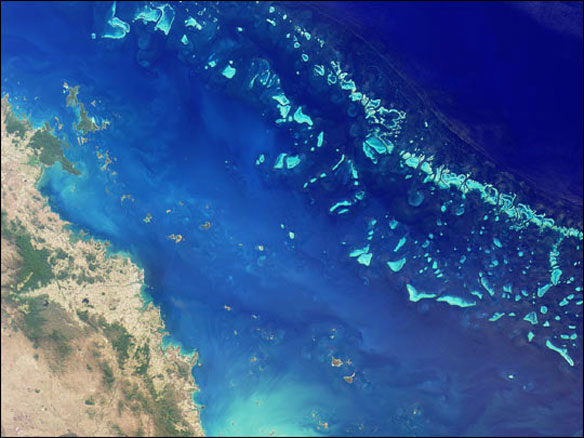
The Great Barrier Reef Marine Park Authority, the government agency responsible for protecting the reef, recently approved the dumping of five million tonnes of dredging spoil in the reef region. Scientists and coral reef experts universally condemned the decision.
